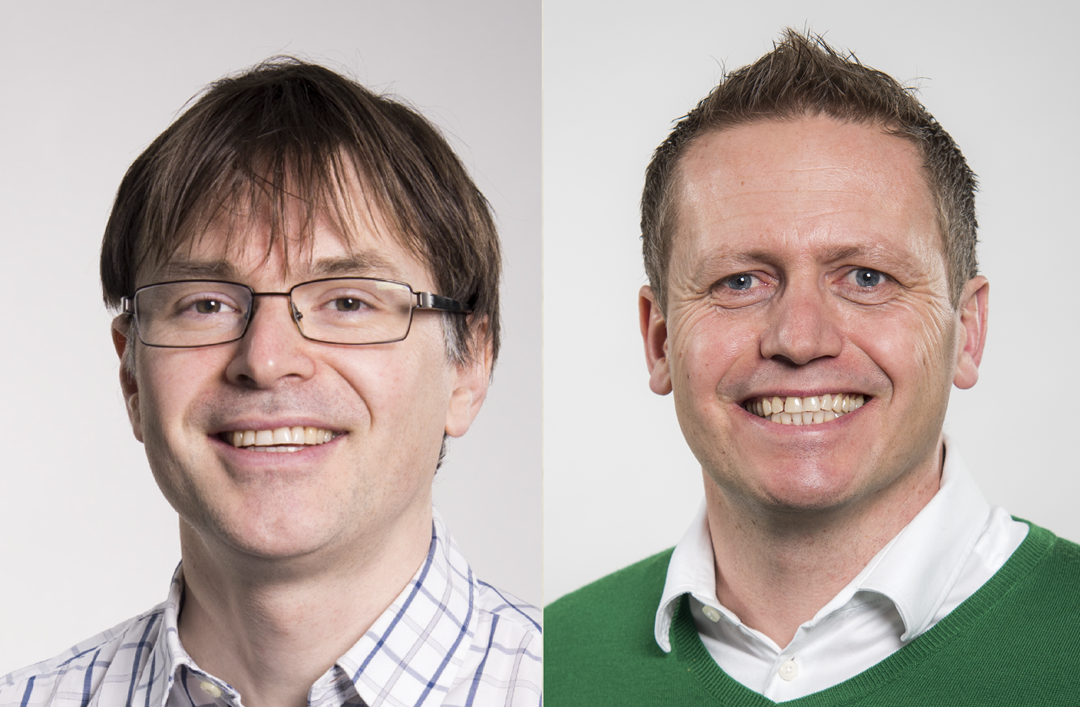Chief Scientists Torgeir Dingsøyr and Nils Brede Moe at SINTEF Digital have been awarded SINTEF’s prize for outstanding research. The prize is in recognition of their studies of how major IT projects have utilised the so-called “agile development” approach for the stepwise specification, development and testing of new IT systems.
At the turn of the millennium, agile development was hailed as a winning formula for IT project organisation. The approach provides requisitioners and users of future IT systems with an opportunity to re-prioritise their requirements during product development and to carry out demonstrations of early versions after only a few weeks of work. The reason for this was that during the 1990s many IT projects were subject to time and costs overruns.
David’s solution also works for Goliath
For many years it was claimed that agile development was best suited to small-scale projects, and that major undertakings should be divided up into many small ones. In Norway, however, the method is now proving to be a success in large-scale projects as well.
Research carried out by Torgeir Dingsøyr and Nils Brede Moe has made an important contribution towards identifying adaptations that make this “golden small-scale solution” applicable in large scale IT projects as well.
The research breakthrough came in the form of a study in which SINTEF investigated how the Norwegian Public Sector Pensions Scheme structured the development of a major system it was using to administer the government pension reform. Their analyses identified the most important success criteria in a development project that at its peak involved as many as 175 persons.
From Spotify to Equinor
The prizewinners have also analysed how Spotify organises the development of its systems, involving knowledge sharing and coordination across 500 autonomous teams.
They have also conducted research into digitalisation processes being carried out in a number of Norwegian companies including DNV GL, Equinor, Kantega, the Kongsberg Group, Knowit, Sbanken, Sopra Steria and Storebrand.
Societal impact
The recipe for success described by the researchers is also relevant for other knowledge-based activities. In the field of project management in particular, there is now a great deal of interest in the initiatives taken by the IT sector. The Project Management Institute, for example, published an "Agile Practice Guide" in collaboration with the Agile Alliance in 2017.
In its citation for the prize, the SINTEF jury emphasises that the two researchers’ studies have been documented using projects that have societal impact far beyond Norway.


